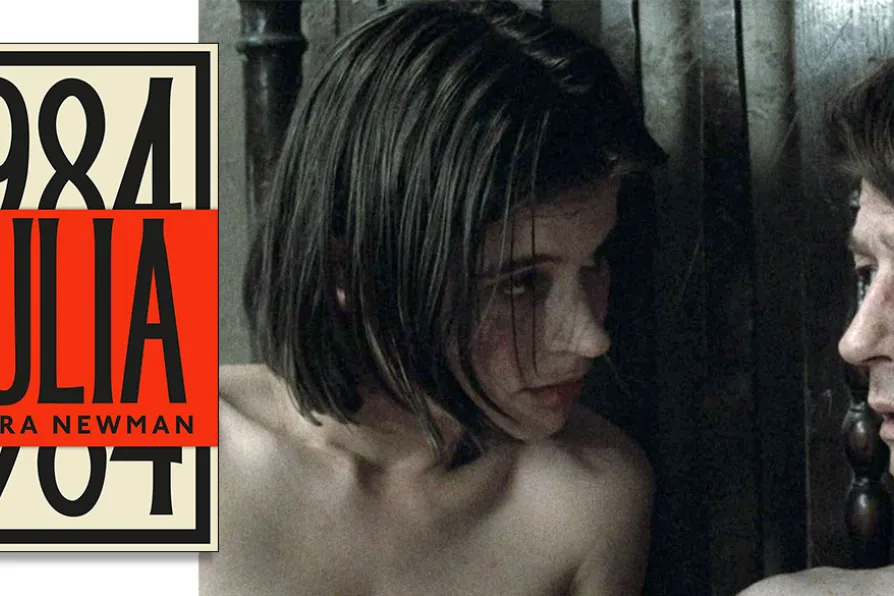SIMON PARSONS applauds an artist who rescues and rehumanises stories of women, the victims of violence, from a feminist perspective

 WHAT ROT: Suzanna Hamilton and John Hurt in Michael Radford’s 1984
[IMDb]
WHAT ROT: Suzanna Hamilton and John Hurt in Michael Radford’s 1984
[IMDb]
Julia
Sandra Newman, Granta, £18.99
MANY people read George Orwell’s 1984 at school before they’ve come across other literary dystopias. Given the unrelenting, very English gloom that pervades it, chances are it puts them off the genre for good.
Savvy teachers talk up the author’s inventiveness in coining terms like Newspeak, Big Brother, the Ministry of Truth, Ingsoc etc. These have novelty value when first encountered and provoke debate, but have become cliches through overexposure. Orwell’s prescience as regards surveillance is obvious, but its restating has become tiresome and simplistic.

JULIA TOPPIN recommends Patti Smith’s eloquent memoir that wrestles with the beauty and sorrow of a lifetime

ANGUS REID calls for artists and curators to play their part with political and historical responsibility












